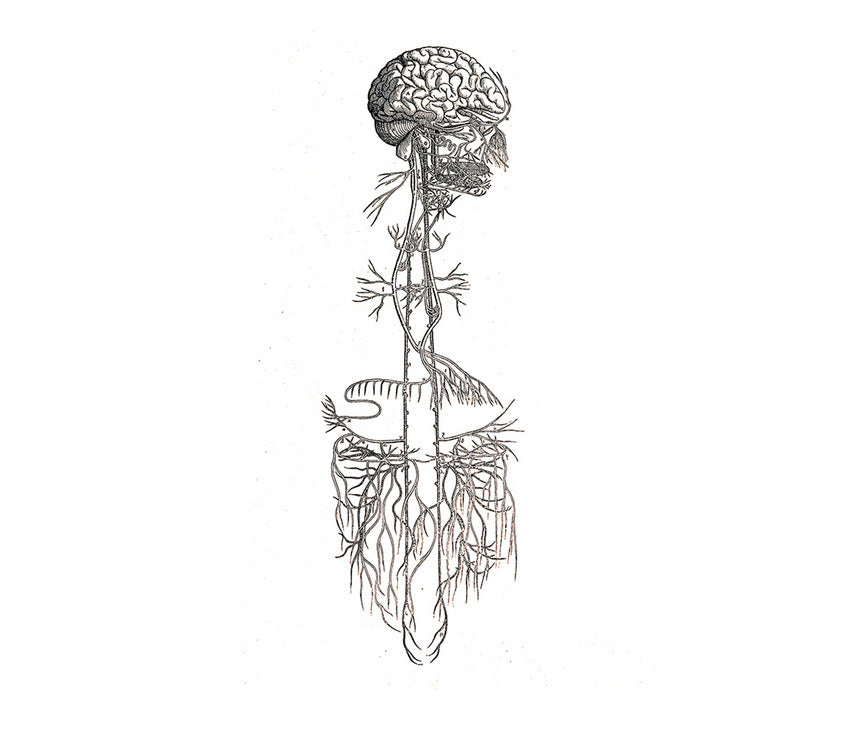Journal
- All
- Antioxidant
- Astragalus
- Blood clots
- Brain fog
- Burnout
- Cervical cancer
- Cholecystectomy
- Cold feet
- Cracked heels
- Echinacea
- Exhaustion
- Fatigue
- Gallbladder
- Headaches
- Health Advice
- Heart health
- Liver
- Low immunity
- Low white blood cells
- Memory
- Menopause
- Migraines
- Nervous system
- Perimenopause
- Recipe
- RnA ReSet
- Strokes
- Sun protection
- Thyroid
Astaxanthin - The Powerful Antioxidant for Eye Health, Wrinkles, Sun Damage and More
Astaxanthin is a powerful antioxidant that belongs to the carotenoid family. It is known for its vibrant red colour and is commonly found in marine organisms such as shrimp, salmon, and krill. This potent antioxidant has numerous health benefits that...
Gout Commonalities and Remedies
Gout often earns the label “disease of kings,” and one such unfortunate sufferer was King Henry VIII. So painful was the affliction it rendered him unable to walk. In fact he had to be carried around in a chair, which...
Natural Ways to Reversing PCOS
Polycystic Ovary Syndrome, commonly known as PCOS, is a prevalent health condition that affects women in their reproductive years and is one the main causes of infertility. It is also associated with long-term health risks such as type 2 diabetes...
Natural Ways to Increase White Blood Cell Count and Support Immunity
Maintaining a healthy level of white blood cells is key to overall health. If a blood test discovers the count is lower than it should be there are natural ways to help increase these cells. White blood cells, also known...
Attention Deficit Hyperactivity Disorder (ADHD) is a neurodevelopmental condition that affects both children and adults, impacting their ability to focus, control impulses, and manage energy levels. While conventional treatments often involve medications, there is a growing interest in exploring natural...
Why You Really Want to “Go” Every Day
Combat constipation. A daily bowel movement is key to optimal health. Constipation creates the perfect environment for bacterial overgrowth, creates inflammation, hormonal imbalance and infertility, fatigue, brain fog and can seriously impact your mood.
Understanding the Power of the Vagus Nerve
Let’s get to know a part of your body that often goes unnoticed, but is incredibly important – the vagus nerve. The vagus nerve works silently behind the scenes, controlling functions like your heart rate, breathing, digestion, and even your...
Feed Your Gut, Fuel Your Brain
Our gut and brain are connected in a way that science is just starting to fully understand. But what we do know is that our gut is home to trillions of bacteria, collectively known as the gut microbiome. And this...
Magnesium: The Unsung Hero Of Heart Health
When it comes to keeping our hearts in the best shape, we often forget the important role magnesium plays. Could this mineral be a missing link to improved cardiovascular health? Let’s take a closer look. Is Magnesium the Missing Link...








